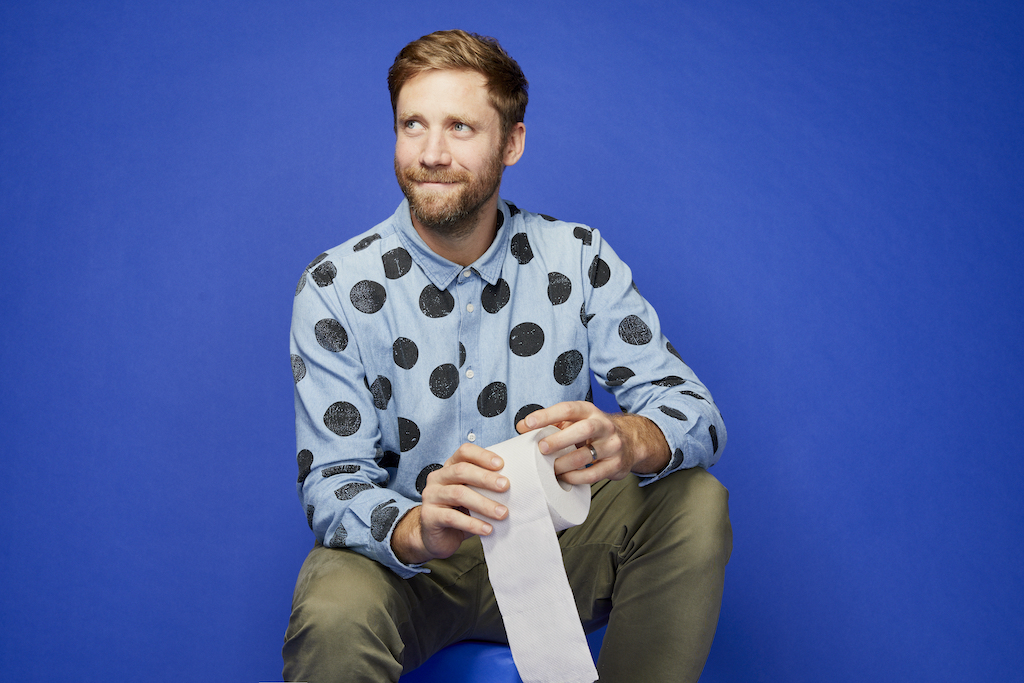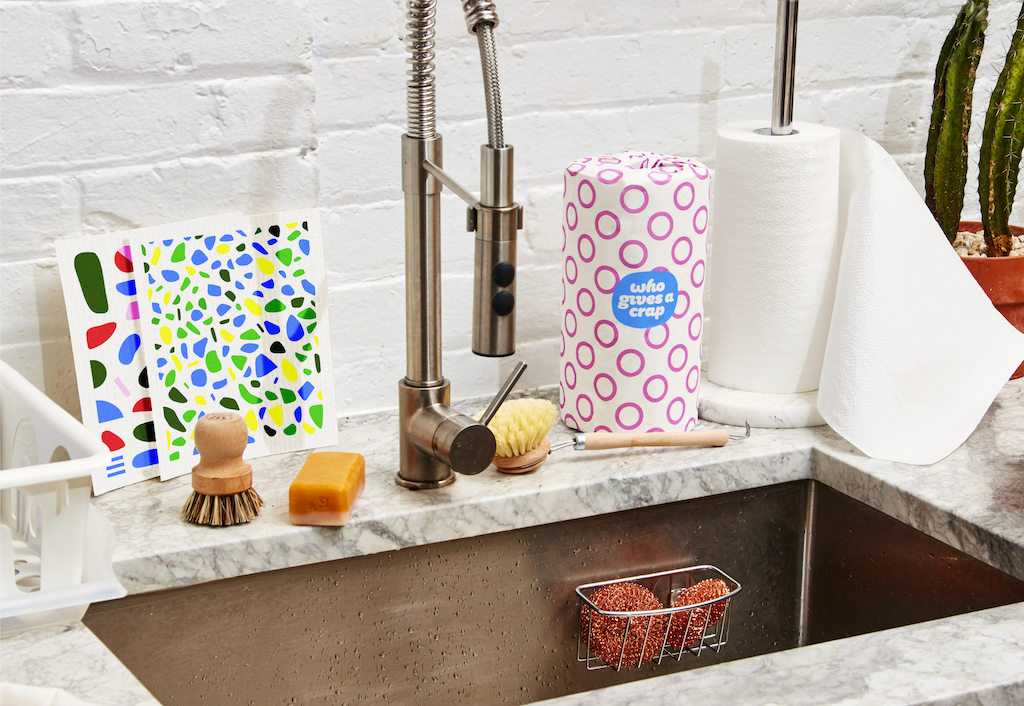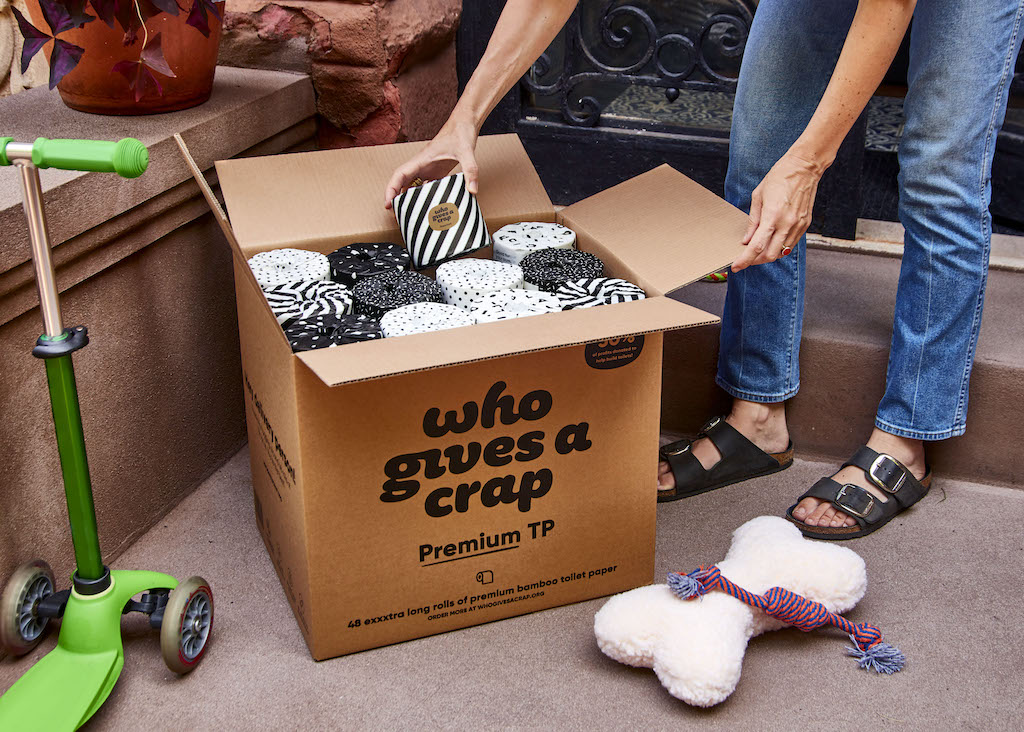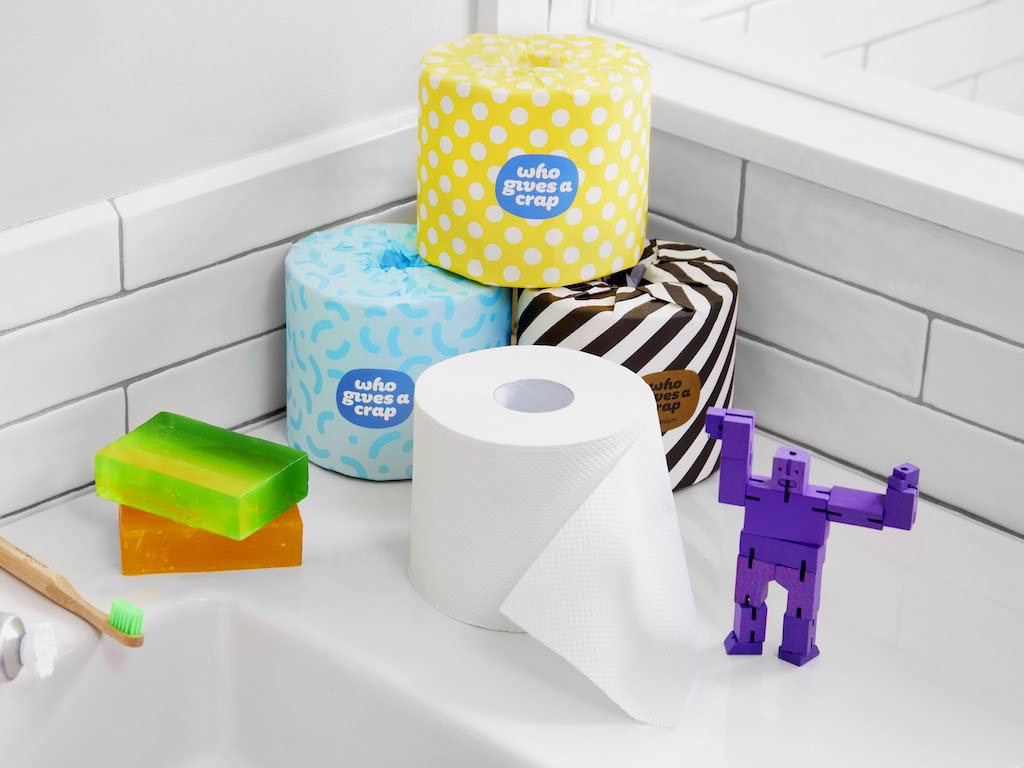3 Mins Read
Who Gives A Crap, the Aussie eco-friendly toilet paper company, has raised $30.7 million in its latest Series A funding round. The round was led by Verlinvest, the firm that has backed Oatly and Tony’s Chocolonely, and a number of other mission-aligned investors that were vetted by the startup’s “very specific criteria”.
Who Gives A Crap has announced the closing of its Series A funding round with $30.7 million, led by Verlinvest, who has famously backed Oatly, Tony’s Chocolonely, Sambazon and Vita Coco. Other investors included Grok Ventures, Craftory, JamJar Investments, AirTree Ventures, Giant Leap, and Athletic Ventures.
Global expansion

In a statement about the financing, the company’s co-founder and CEO Simon Griffiths said that the funds will fuel “a lot of business-y stuff that we’re still working out.”
“But what we can tell you is that we’ll be entering new countries, making more products, scaling our sustainability initiatives and finding new ways to help our community make a positive impact on the world,” he shared.
Who Gives A Crap, a certified B Corp, has pledged to give away 50% of its profits to charities that provide access to proper sanitation for the 2 billion people without access to a toilet. It also donates parts of its profits to NGOs working on widening access to clean water.
Since its inception nine years ago, the Australian company has expanded from its flagship forest-friendly, plastic-free, 100% recycled bamboo and sugarcane pulp toilet paper product and subscription service to include other eco-friendly personal care items such as facial tissues and paper towels.

The initially crowdfunded startup will now use its Series A funds to extend its global footprint, which currently includes the US and Canada, as well as expand distribution in its domestic market in Australia as demand for its eco alternative grows.
Consumers, especially younger Gen Zs and millennials, are now increasingly choosing to purchase from value-led brands, a trend that has picked up pace amid the pandemic. In July, an Ipsos poll found that more than half of shoppers (53%) in the US now consider themselves “environmentalists” and 84% said they were specifically concerned about plastic packaging waste.
Mission-aligned investors
Aside from its eco-credentials and commitment to social impact, the company says it is yet again standing out from other personal care brands by only taking money from mission-aligned investors.

“This was an enormous decision for us as a business and not one we took lightly. In fact, we had very specific criteria for our potential investors,” said Griffiths. “They had to support our mission and recognise that doing good isn’t just the right thing to do, it’s what makes us successful.”
Other specific criteria that the CEO outlined included being “in it for the long haul” and having the right “experience and expertise that we could learn from”.
Who Gives A Crap will likely benefit from lead investor Verlinvest’s extensive global network, as well as experience with scaling up climate-friendly brands, with its most famous investment, Oatly, now a global sensation that has positioned itself as a carbon-friendly alternative to dairy.
The eco toilet paper company says it has plans to launch “big capex initiatives” to further slash its environmental impact, such as using electric vehicles to deliver its subscription orders.
All images courtesy of Who Gives A Crap.



